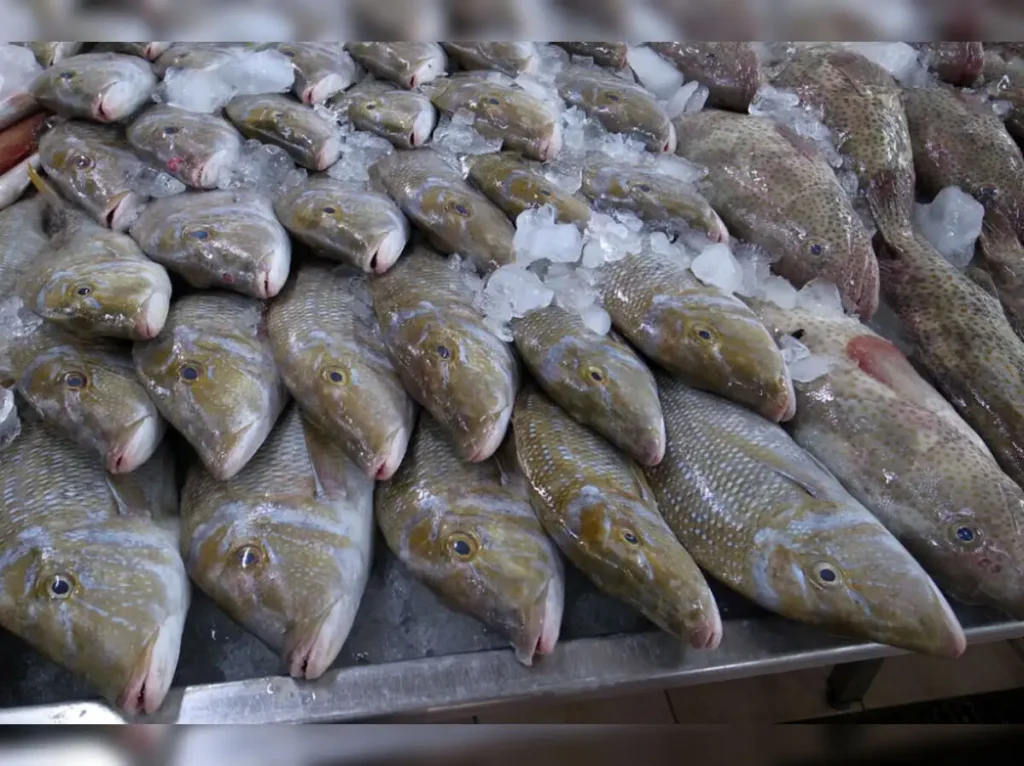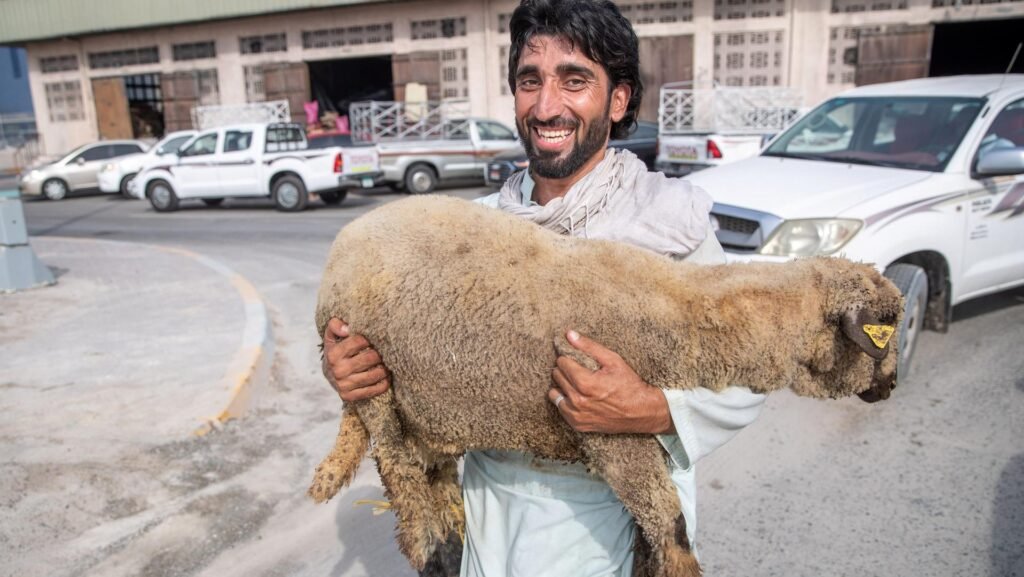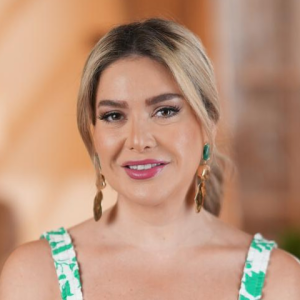Tucked away near the port area in the capital, the Mina Animal Market in Abu Dhabi has long been a popular destination for residents looking to buy pets, livestock, or simply explore a more traditional side of the city. For years, this market has served as a central hub for animal trading — from goats and chickens to parrots, cats, and exotic birds. But while the market remains busy, things are slowly beginning to change.
A Place Full of Life and Activity
When you visit the Mina Animal Market, one of the first things you’ll notice is the noise. Roosters crow, goats bleat, and colorful birds chirp constantly in their cages. There’s a distinct mix of smells from hay, feed, and the animals themselves. For many, this mix of sounds and scents creates an atmosphere that feels far removed from the glitzy malls and high-rises of Abu Dhabi.
The market is divided into sections. One area is dedicated to livestock such as sheep and goats. These are mostly bought by butchers or local families, especially during holidays like Eid. Another section houses birds — lovebirds, pigeons, parrots, and even rare species. Then there are pets like cats, dogs, rabbits, turtles, and even reptiles.

It’s not just a place to buy animals. Many people come here just to look around, take photos, or show their children the different animals. On weekends, the market can get quite crowded with families and tourists alike.
Old Charm, But New Rules
While many locals have fond memories of coming to the market, there have been growing concerns in recent years about the welfare of animals kept there. Animal rights groups and residents have raised questions about the conditions in which the animals are kept — including issues like overcrowding, poor ventilation, and lack of clean water or food.

Some shops have made improvements, while others continue to struggle with maintaining proper hygiene or care standards. Abu Dhabi authorities have taken notice, and changes are underway.
The Abu Dhabi Agriculture and Food Safety Authority (ADAFSA) has begun tightening rules around animal welfare and trade. Regular inspections are now carried out to ensure that animals are healthy, vaccinated, and kept in humane conditions. Sellers are required to keep their spaces clean and provide proper food and water to all animals.

These new regulations are part of a larger effort by the government to improve overall animal welfare in the UAE. The rules are strict, and shop owners who fail to meet the standards face fines or even closure.
A Shift in Public Awareness
The way people think about animals is also changing. In the past, many buyers focused mainly on price or availability. Now, more customers are asking about animal health, vaccinations, and ethical breeding. Some visitors no longer feel comfortable buying pets from traditional markets and prefer to adopt from animal shelters or buy from licensed breeders.
This shift in mindset is being driven by social media and awareness campaigns. Videos showing animals in poor conditions have gone viral, pushing people to be more cautious and caring when choosing where to get a pet.
Many Abu Dhabi residents are now more likely to support adoption over buying. Animal shelters have become more popular, especially with younger generations who value responsible ownership.
A Market With a Future — But a Different One
Despite the growing concerns and tighter rules, the Mina Animal Market is not closing down — at least not yet. Instead, it’s being reshaped.
Authorities have plans to modernize the market. This could include upgrading the facilities, improving ventilation and cooling systems, and adding more space between animal enclosures. They also want to create clear guidelines for sellers and buyers, and promote more humane practices.
There is even talk of relocating parts of the market to a newer, cleaner facility in the future. While nothing is confirmed yet, these discussions show that change is likely on the horizon.
Still, for many longtime sellers, the transition isn’t easy. Some say they’ve been running their shops for over 20 years and now face pressure to update practices or pay for costly improvements. Others worry that moving the market could take away its charm and cultural value.
One shop owner, Ahmed, who has sold birds for over 15 years, says, “This market is part of Abu Dhabi’s history. I’ve seen children grow up visiting this place with their families. It’s not just about selling — it’s about connection.”
He agrees, though, that things need to change. “We must treat animals better. If new rules help us do that, we will support them,” he adds.
Visitors Still Welcome — With a Bit More Caution

For those thinking about visiting the Mina Animal Market, the experience remains unique. You can walk around, speak with shopkeepers, learn about different animals, and even get advice on how to take care of a pet.
However, experts encourage visitors to be mindful. If you’re planning to buy a pet, it’s important to ask the right questions: Is the animal vaccinated? Is it healthy? What does it eat? How long does it live? And most importantly, is it the right pet for your home?
It’s also worth considering adoption as an alternative. Many rescued animals are waiting for loving homes in shelters across Abu Dhabi and the UAE.
A Market in Transition
In many ways, Mina Animal Market represents a piece of old Abu Dhabi. It’s a place where traditions meet modern values. As the city grows and evolves, so does the market. While change can be difficult, it can also bring better conditions for animals and a more responsible future for pet ownership.
The market is not just about commerce — it’s about community, culture, and care. With the right balance, Mina Animal Market could continue to thrive in the future — in a way that respects both heritage and animal welfare.
Also read: Fujairah Fish Market: A Fresh Catch of Culture, Trade, and Community












